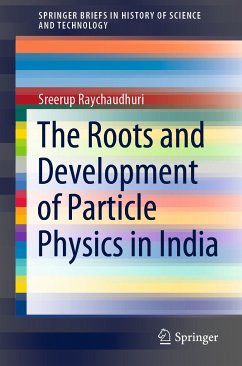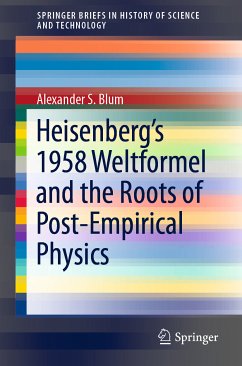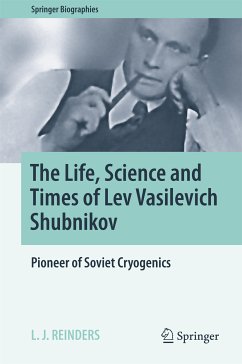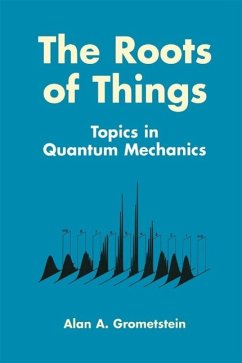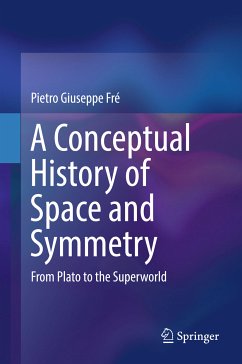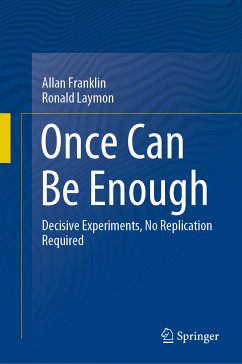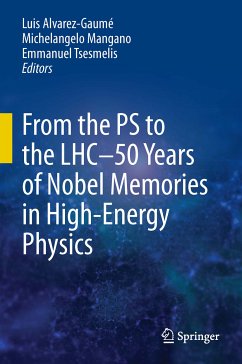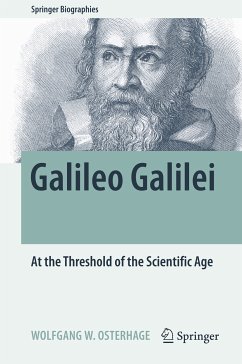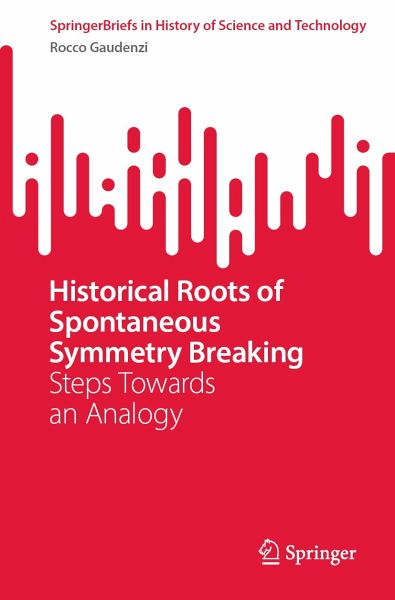
Historical Roots of Spontaneous Symmetry Breaking (eBook, PDF)
Steps Towards an Analogy
Versandkostenfrei!
Sofort per Download lieferbar
Statt: 53,49 €**
40,95 €
inkl. MwSt.
**Preis der gedruckten Ausgabe (Broschiertes Buch)
Alle Infos zum eBook verschenkenWeitere Ausgaben:

PAYBACK Punkte
20 °P sammeln!
What are the thinking processes and knowledge resources involved in a complex discovery? How can the physics of solids, the physics of nuclei, and elementary particle physics cross-fertilise in spite of the widely differing domains and energy scales they deal with? This book addresses the questions by reconstructing and examining from the historical epistemological perspective the fascinating heuristic path to the concept of spontaneous symmetry breaking. This analysis especially brings to light the role that analogical reasoning and mathematical reformulations played in the discovery process,...
What are the thinking processes and knowledge resources involved in a complex discovery? How can the physics of solids, the physics of nuclei, and elementary particle physics cross-fertilise in spite of the widely differing domains and energy scales they deal with? This book addresses the questions by reconstructing and examining from the historical epistemological perspective the fascinating heuristic path to the concept of spontaneous symmetry breaking. This analysis especially brings to light the role that analogical reasoning and mathematical reformulations played in the discovery process, as well as the influence of the Japanese milieu and approach to physical problems.
Dieser Download kann aus rechtlichen Gründen nur mit Rechnungsadresse in A, B, BG, CY, CZ, D, DK, EW, E, FIN, F, GR, HR, H, IRL, I, LT, L, LR, M, NL, PL, P, R, S, SLO, SK ausgeliefert werden.



